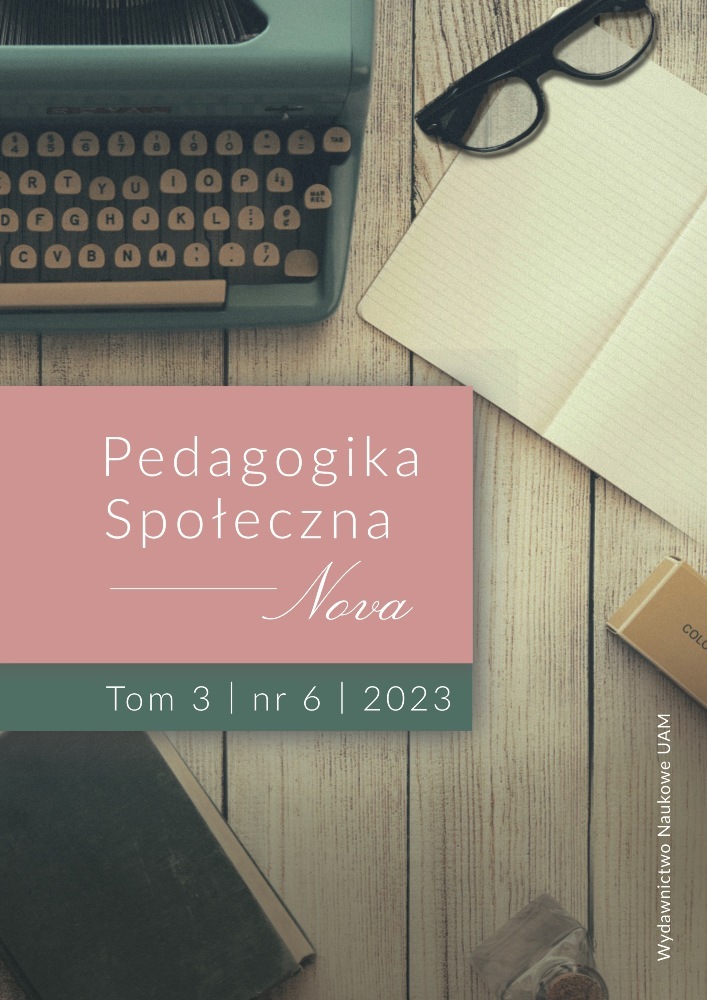Praca społeczna w II Rzeczpospolitej jako program modernizacji państwa
Social work in the Second Polish Republic (1918–1939) as a program for the modernization of the state
Author(s): Barbara Smolińska-TheissSubject(s): Social history, Interwar Period (1920 - 1939)
Published by: Uniwersytet im. Adama Mickiewicza w Poznaniu
Keywords: social work; social work; modernization; cultural and educational work; adult education; child care;
Summary/Abstract: What clearly constitutes social work in Poland is its socio-educational and political background. It grew out of independence movements and as such became part of the programs of a state that should target and fight against economic and cultural issues (poverty, illiteracy, unemployment). The base of the theory of social work built in the Second Republik of Poland was the assumption that education is the way to alleviate social issues. It was considered that literacy and adult education would lead to the identification and activation of human and social forces and then, as a consequence, to modernization of society, which would create an enlightened, democratic society-state in the future. This general social program was supported by typical social activities aimed at caring for and helping the child and family. The question that appears in the conclusion of the article is to what extent these assumptions have been preserved in today’s theory and practice.
Journal: Pedagogika Społeczna Nova
- Issue Year: 3/2023
- Issue No: 6
- Page Range: 13-28
- Page Count: 16
- Language: Polish

